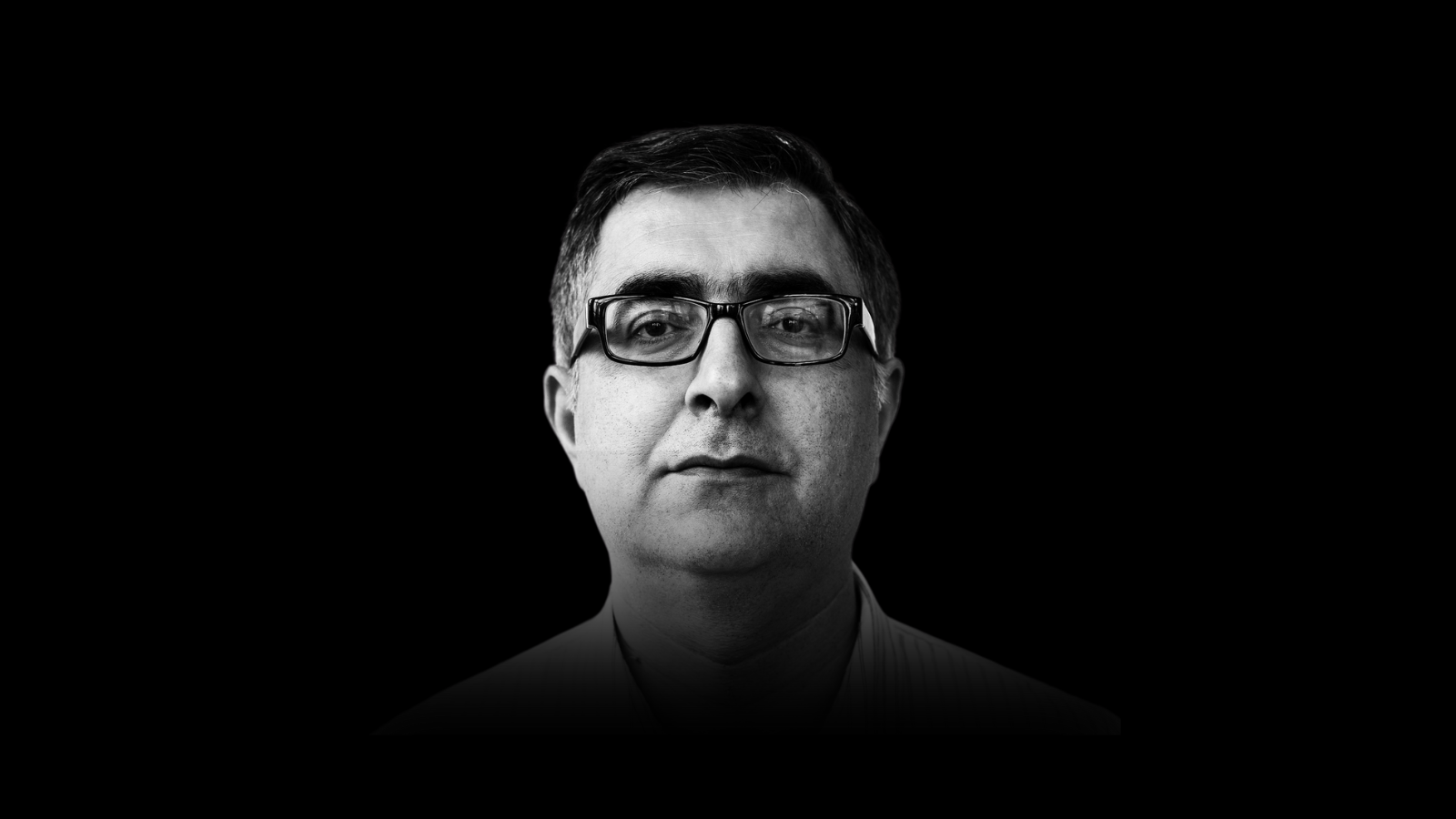Warsaw Human Dimension Conference – Democratic Institutions
HRHF oral intervention
1 October 2024
Check against delivery.
Thank you chair and panellists.
My name is Dave Elseroad. I am with the Human Rights House Foundation.
On Monday, President Spiteri Debono of Malta remarked that attacks on independent civil society and opposition and dissenting voices are in direct contradiction to the values of the OSCE. Foreign Minister Sikorski of Poland went a step further, channelling Ryszard Kapuściński, and remarking on the deafening sound of silence across the OSCE region due to the arbitrary detention of human rights defenders and civil society activists.
Azerbaijan has a longstanding and well-documented record of repressing critical voices. Over the last year, the authorities have intensified their relentless crackdown, targeting the remaining vestiges of independent civil society and media with baseless but serious criminal charges.
One particularly salient case of the crackdown on critical voices is that of our friend and colleague Anar Mammadli. Anar is the head of the Election Monitoring & Democracy Studies Center and a member of Human Rights House Azerbaijan. Anar was arrested on April 29 on fabricated criminal charges. The arrest came shortly after his organisation published a critical assessment of February’s presidential election as well as the announcement by Mammadli and other human rights defenders of a new coalition on climate justice ahead of COP29.
Anar’s arrest also came just a month after he participated in the March Supplementary Human Dimension Meeting in Vienna and spoke publicly about Azerbaijan’s fraudulent presidential election and human rights abuses. His arrest and on-going detention is a clear reprisal for his outspoken work, including during OSCE human dimension pillar proceedings, to shine a light on fraudulent elections and highlight human rights abuses committed by the Azerbaijani authorities.
The arrest and on-going detention of Anar does not take place in isolation. Starting in 2023, the Azerbaijani authorities have intensified their relentless and decade long crackdown on human rights defenders, lawyers, independent journalists, opposition politicians, civil society activists, and academics. This is a possible explanation for the number of government-aligned civil society organisations participating in this conference and, indeed, speaking publicly in plenary. The crackdown by Azerbaijani authorities, together with a highly restrictive legal environment for the operations of independent civil society organisations and media, threatens to eradicate all forms of dissent and legitimate human rights work. This takes place in the context of the upcoming COP29 and snap presidential and parliamentary elections which the ODIHR election observation mission described as not competitive, held in a restrictive environment, and falling well short of democratic standards.
Chair.
Let me thank the European Union, and the United States for their statements this morning highlighting, among other things, the human rights situation in Azerbaijan.
In light of what can only be described as a human rights crisis in Azerbaijan, I’d like to ask the panellists what value they see in Azerbaijan’s participation in this Human Dimension Conference and what steps participating States should take ahead of COP29 to pressure the authorities to reverse course.
I thank you.





